Research information
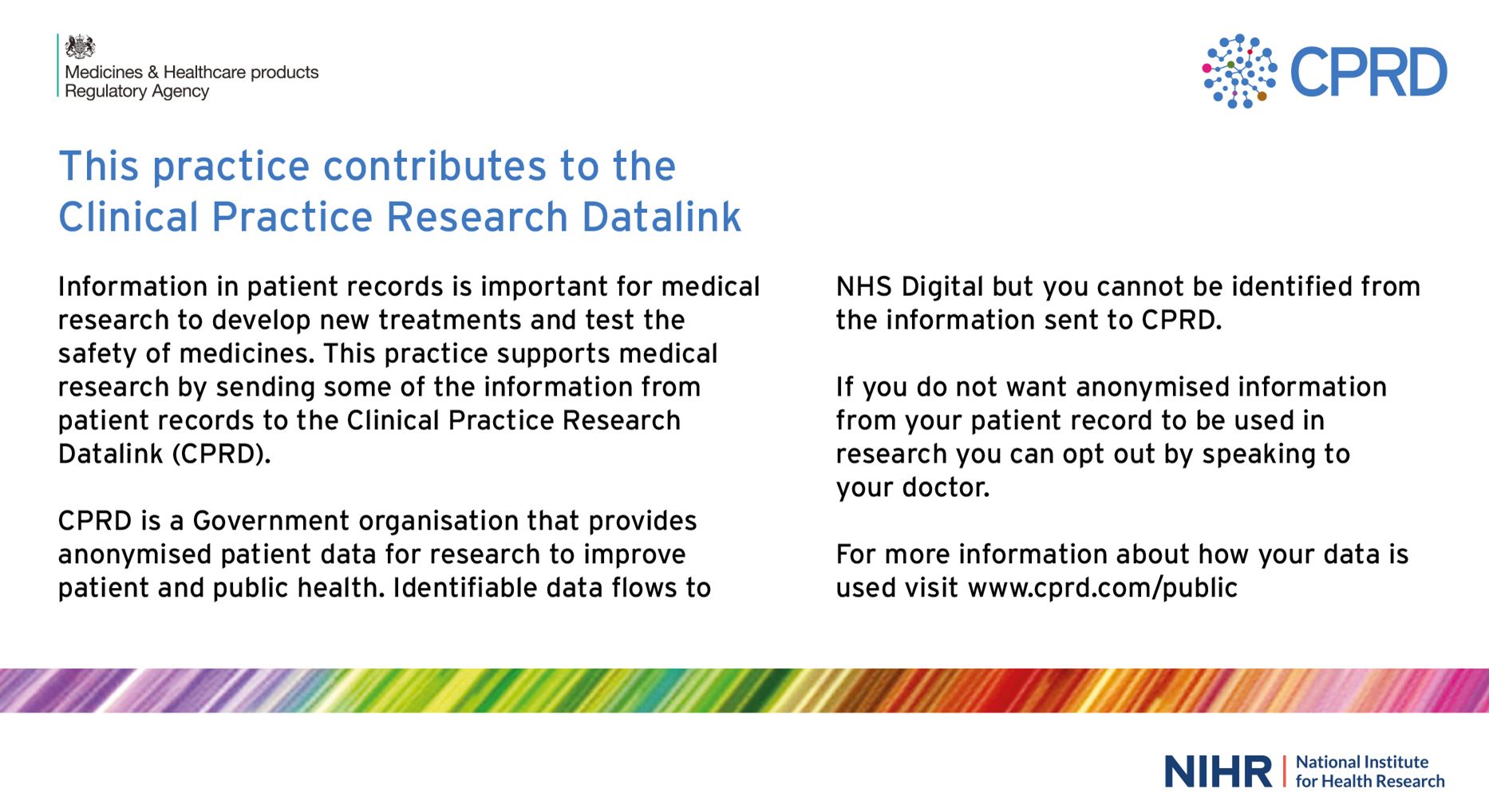
Clinical Practice Research Datalink information

Exceed Study - End Date 31/08/38
The research team have a particular focus for recruitment for volunteers aged 18 and over in Leicester, Leicestershire and Rutland who identify themselves as from a minority ethnic group (Asian or Asian British, Black, Black British, Caribbean or African, mixed or multiple ethnic groups, or other minority ethnic group). We will be sending out SMS invites to patient groups from 5th January.
What does taking part involve?
If you choose to take part we will ask you to complete short questionnaires about your health, whether you have had symptoms of COVID-19, and other ways the pandemic may have affected you. These can be done online.
With your consent we will access your health records and we may send you a saliva sample collection kit, or use ‘left over’ samples from blood tests done at the hospital or by your GP. This allows us to study your health and DNA. In the future, we may also send a kit to test whether you have had the virus that causes COVID-19, if this is feasible.
The link to the study can be found here EXCEED
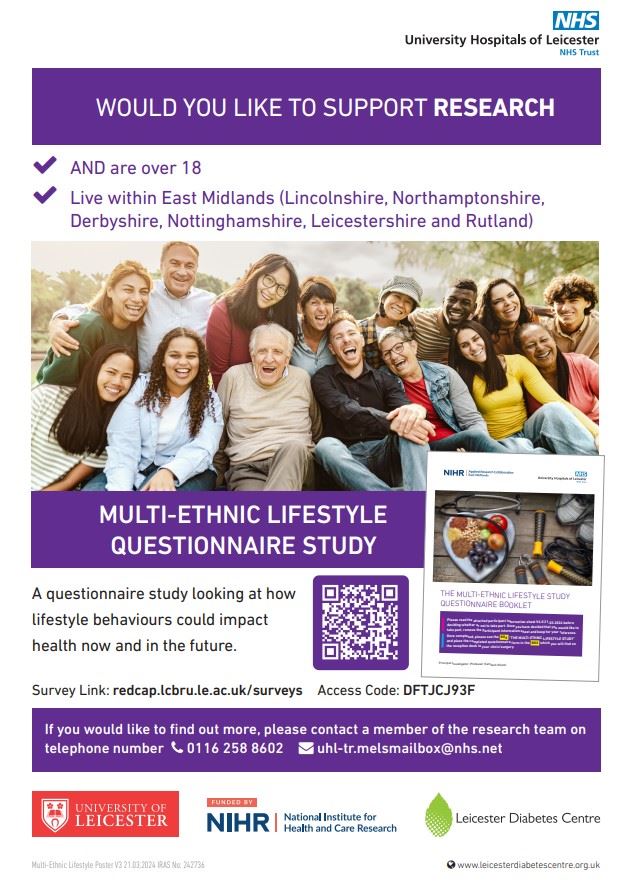
The Personal Agility Study - End date 05/01/2028
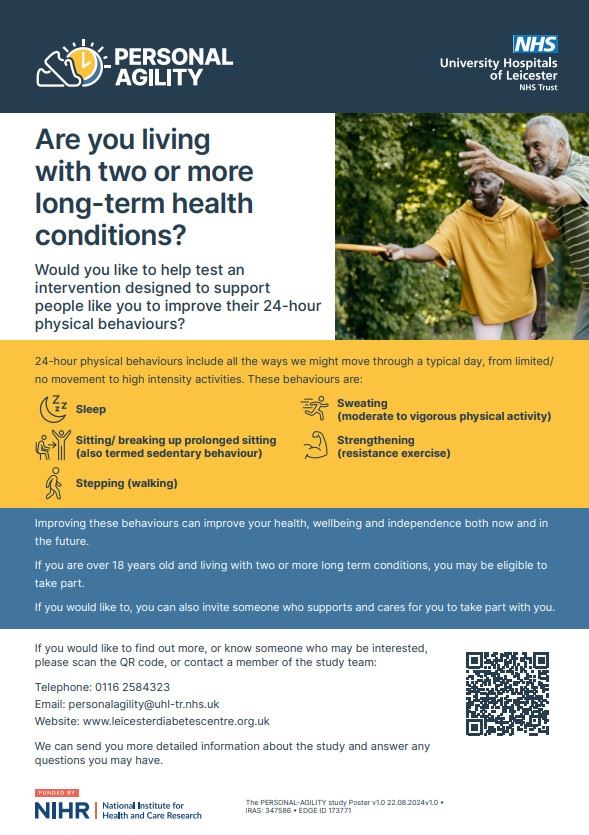
Attend Study - End date 31/01/2026
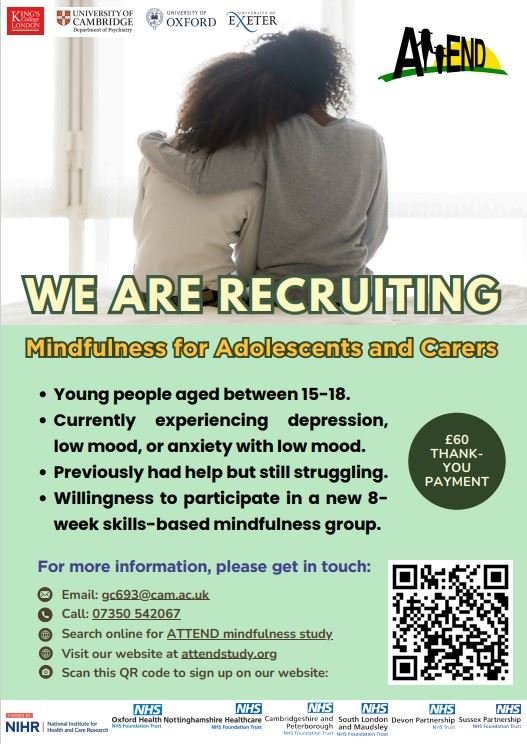
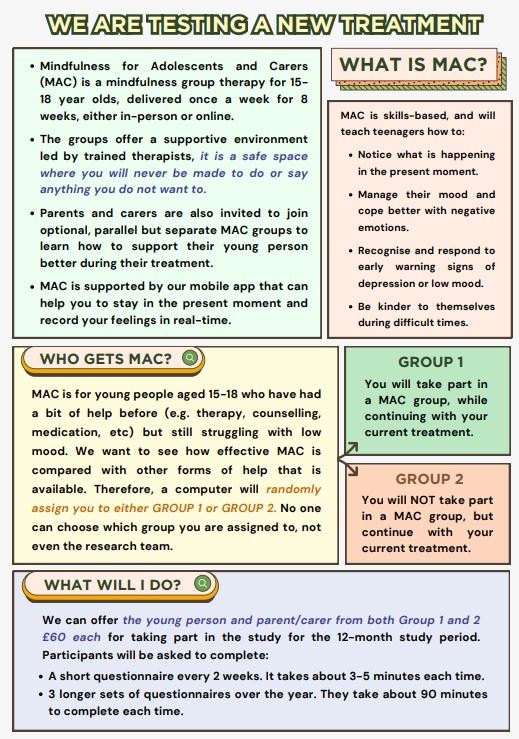
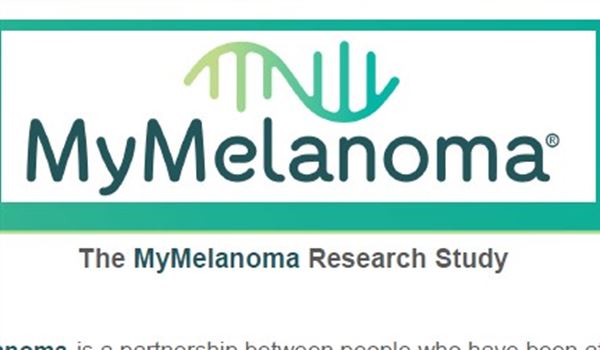
The MyMelanoma Research Study
MyMelonoma is partnership between people who have been affected by melanoma, clinicians and researchers to form the largest melanoma research study in the world.
MyMelanoma is designed to answer the most important unanswered questions in melanoma research.
MyMelanoma isopen to anyone who has ever been diagnosed with a melanoma of the skin, of the mucosal surfaces (eg. nose, genitals) or under the nails.
Will you join us?
To sign up to be part of MyMelanoma or if you have any questions for us, please visit our website: www.mymelanomaastudy.org
END DATE - AUG 2027
Page created: 10 September 2021